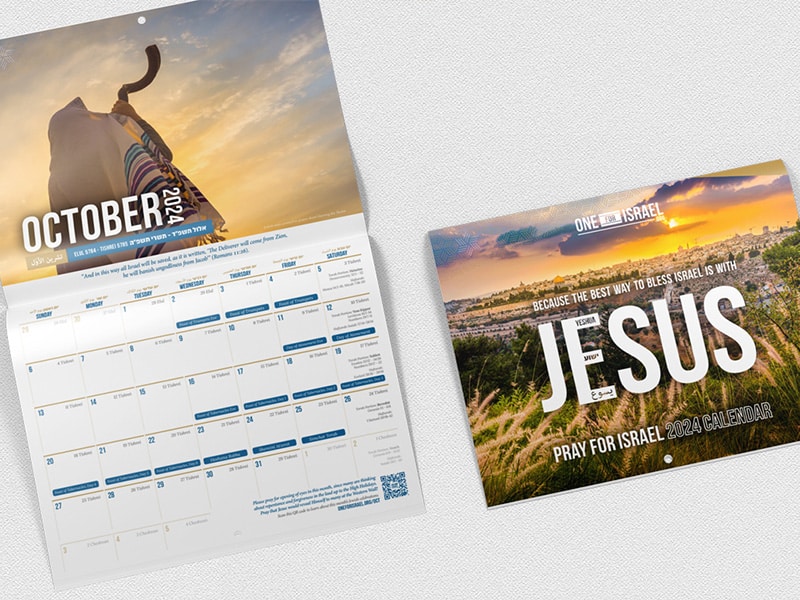Then Moses said, “Please show me your glory.” (Exodus 33:18)
By this point, you might have thought that Moses had seen quite a lot of God’s glory. Almost certainly more than you and I at any rate. He’d talked to God in the burning bush. He’d seen the devastating plagues God had rained down on the Egyptians, he’d seen an entire sea part in front of his eyes, he’d been up Sinai and received the ten commandments, written by God Himself. But Moses understood the severity of the challenge he’d been given, and he wasn’t budging without God by his side. He wanted to know God was really with him.
He wanted to get better acquainted.
What is beautiful about these chapters is that in Exodus 33 we hear God saying how He knows Moses, and knows his name… then in Exodus 34 Moses gets to know more about God, and His name. God’s glory is tightly connected with His name, because names in the Bible are deeply meaningful, and signal something of the person’s nature. Even today, we might say that a person or a company has a good name, meaning they have a trustworthy and good character. Moses wanted to know more of who God really was.
What IS glory?
A great definition of glory is: ‘God's divine excellencies made manifest'. That means God’s qualities, His attributes, His characteristics are made evident in ways that we can see, hear, touch, feel and know. That’s what Moses was after.
And the Lord said, “I will cause all my goodness to pass in front of you, and I will proclaim my name, the Lord, in your presence. I will have mercy on whom I will have mercy, and I will have compassion on whom I will have compassion. But,” He said, “you cannot see my face, for no one may see me and live.” (Exodus 33:18-20)
God suggests that Moses should tuck himself into the cleft of a rock for his own safety.
Then Adonai (יהוה) passed before him, and proclaimed, “Adonai, (יהוה) Adonai (יהוה), the compassionate and gracious God, slow to anger, and abundant in lovingkindness and truth, maintaining mercy to a thousand generations, forgiving iniquity and transgression and sin, yet by no means leaving the guilty unpunished, but bringing the iniquity of the fathers upon the children, and upon the children’s children, to the third and fourth generation.” (Exodus 34:6-7)
It is interesting that the tetragrammaton, the four letter name of God (יהוה) represented here as Adonai, is mentioned three times. Similar to the verses of the Shema (“Hear O Israel, יהוה our God, יהוה is one. Love יהוה your God with all your heart and with all your soul and with all your strength.” – Deuteronomy 6:4-5). God’s holy name is said three times. I do not think this is a coincidence.
Seven excellencies of God
Secondly, if you count them, you’ll see that God displays seven attributes:
Compassionate (connected with the Hebrew word for womb – like a mother)
Gracious
Slow to anger, or long-suffering
Abundant in loving-kindness
Abundant in truth
Maintaining mercy by taking away iniquity, transgression and sin
Will not let the guilty go unpunished
Seven is the number of perfection, and God is perfect in all of His ways. This is how He chose to reveal His glory to Moses, and this is the name He proclaimed. God’s revealed nature is compassionate, gracious, long-suffering and faithful, full of enduring love and forgiveness. What an overflow of goodness to feast upon! When all is said and done, no one will be able to accuse God of injustice or lack of goodness. Even as God dishes out His fearsome wrath in Revelation, the angelic hosts sing of His justice and righteousness with every blow. God’s ways are perfect and just, even in His punishment of wickedness. A good God cannot and will not leave evil unchecked and unaccountable. Justice requires a good judge executing righteous judgements, and that is what He will do.
A hidden hint of even more glory
Even as punishment is promised, we are given great hope to hang onto right there in the middle of this list. There's a random letter נ (Nun – N) that is highlighted by being unusually large at the beginning of the first word in verse 6.
Why? Scholars have looked at this and puzzled.
If there is an anomaly in the text, there will be a reason. Apparent mistakes can represent a hidden clue given to us by God.
The word translated here as “maintaining”, where it says that God maintains His love and grace to thousands, is closely related to treasure. The word natzar (נָצַר) can be translated as keeping or preserving something precious, or something secret.
It is the glory of God to conceal a matter and the glory of kings to search it out. (Proverbs 25:2)
The Hebrew scholars agree that the highlighted letter means that we should pay special attention to that word. They have their ideas of why the first letter might be emphasized1 which seem a little far-fetched to me, but let me tell you more about this root word. It has another meaning.
The verb נצר (natsar) means to watch, guard or keep – to make sure something is preserved, protected and maintained. It could be preserving treasure, keeping a promise or a secret, or maintaining something that is under threat.
The noun נצר (netser) means branch or shoot. It refers both to a plant's most vulnerable initial stage, which needs to be protected and watched over, and also to the idea of expansion and growth of that plant.
The Branch / Shoot from Nazareth
It is the root word for the “shoot” or “branch” that Isaiah spoke of – the branch that would come from Jesse:
“There shall come forth a shoot from the stump of Jesse, and a branch [נֵצֶר] from his roots shall bear fruit.” (Isaiah 11:1).
Wonderfully, the “Branch of Jesse”, the promised Messiah, came to earth as a vulnerable baby that needed to be carefully watched over and guarded.
This is also the root word from which the town of Nazareth (נצרת) derives its name. It is no coincidence that the Branch of Jesse grew up in this place.
And He went and lived in a city called Nazareth [נָצְרַת], so that what was spoken by the prophets might be fulfilled, that He would be called a Nazarene [נָצְרִי]. (Matthew 2:23)
Right back in Exodus, God proclaimed His name, נצר, the Branch… the One who would maintain God's compassion when punishment was due.
So, the large letter at the beginning of the word points to the Messiah who would ensure God’s mercy to thousands of generations, carrying away our sin. Three different words for sin are used, emphasizing every kind of wrong we can and have done – and will do. It is all forgiven and taken away, yet there remains severe punishment for those who choose to remain unrepentant in their sin.
“Moses bowed to the ground at once and worshiped. “Lord,” he said, “if I have found favor in your eyes, then let the Lord go with us. Although this is a stiff-necked people, forgive our wickedness and our sin, and take us as your inheritance.”” (Exodus 34: 8-9)
This is the only appropriate response to experiencing God’s glory. Worship, adoration, and repentance. God’s compassion and mercy is beyond anything we could ever understand, His forgiveness has been granted in His grace.
Psalm 103 is an entire chapter reveling in these excellencies, and reminiscent of this very encounter that Moses had with God. The people of Israel may have had the privilege of watching God at work and observing His mighty deeds, but Moses got to encounter God in His glory – close up and personal. He got a run-down of who God was, with a bonus clue of what was to come.
Adonai executes justice—
judgments for all who are oppressed.
He made His ways known to Moses,
His deeds to the children of Israel.
Adonai is compassionate and gracious,
slow to anger, and plentiful in mercy.
He will not always accuse,
nor will He keep His anger forever.
He has not treated us according to our sins,
or repaid us according to our iniquities.
For as high as the heavens are above the earth,
so great is His mercy for those who fear Him.
As far as the east is from the west,
so far has He removed our transgressions from us.
As a father has compassion on his children,
so Adonai has compassion on those who fear Him.
Psalm 103:6-13
God's glory became manifest on earth in the likeness of a man – Yeshua the Nazarene, the promised Messiah who came to take away the sin of the world.
Praise the Lord, O my soul, and forget not all His benefits!
Photo by Robin Benad on Unsplash














